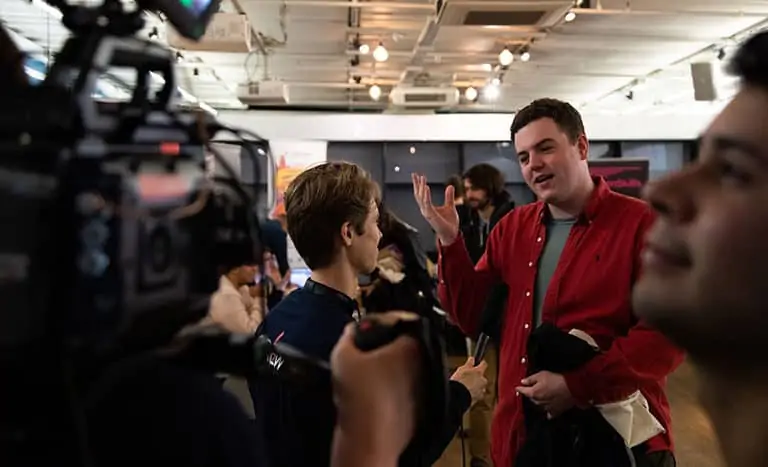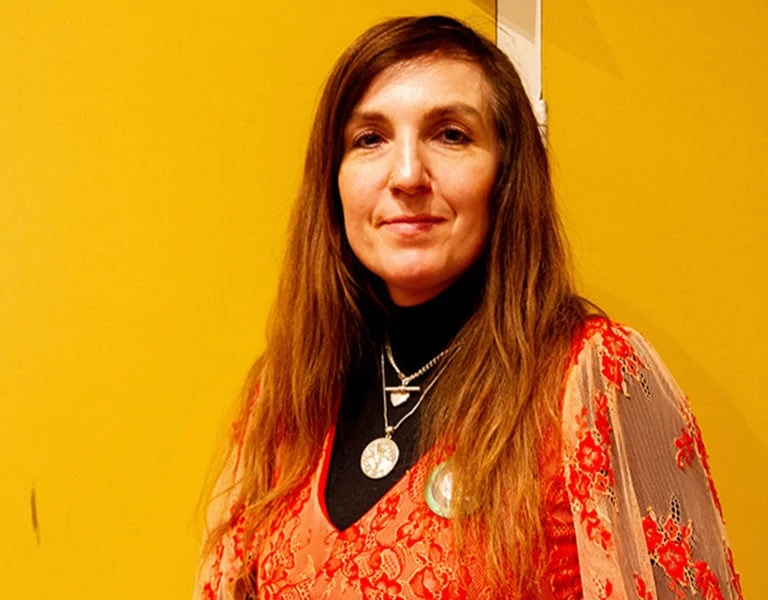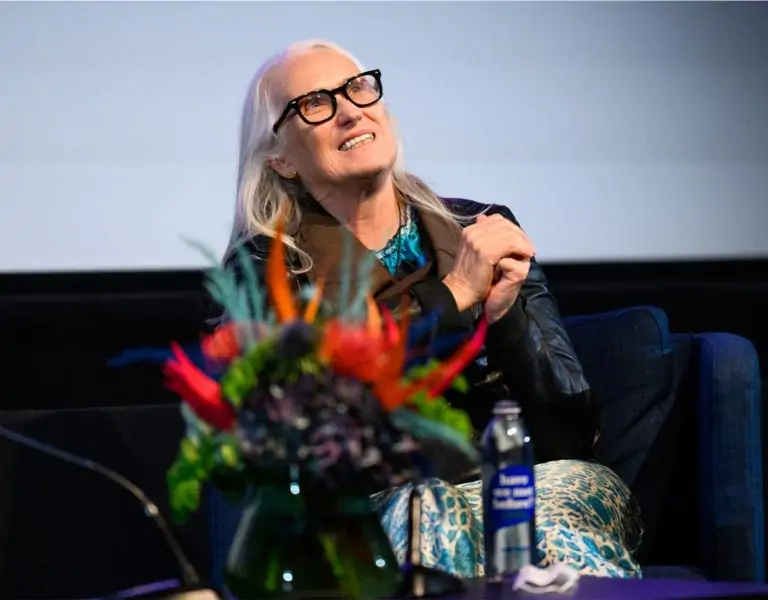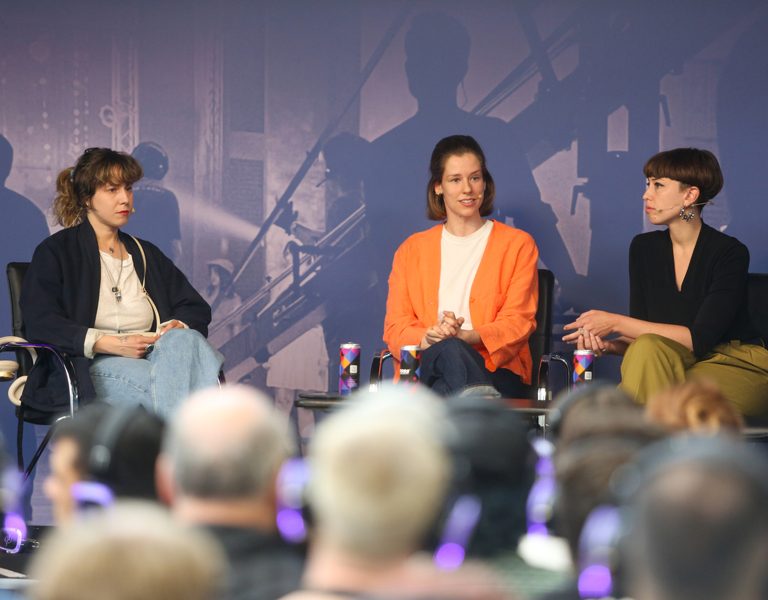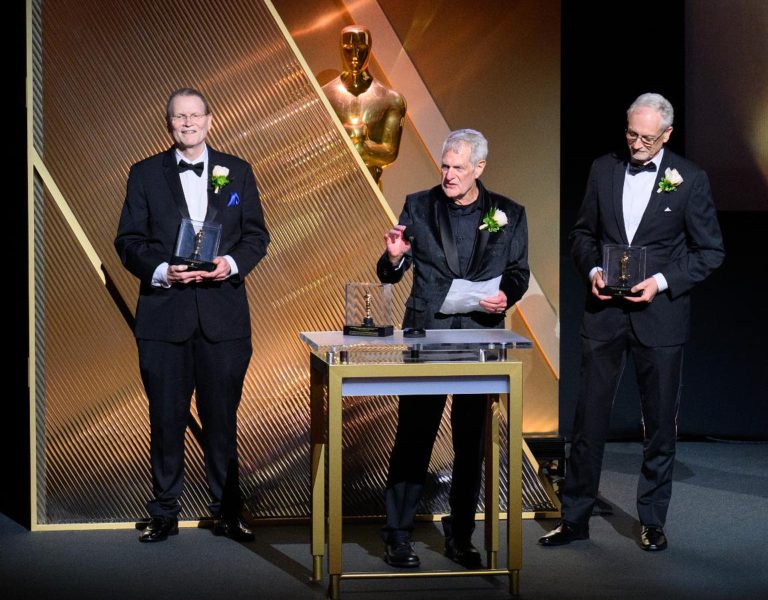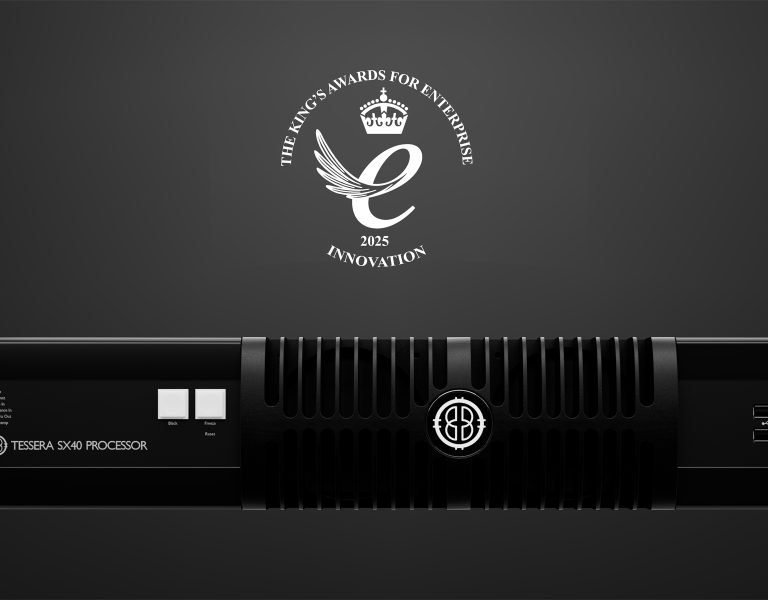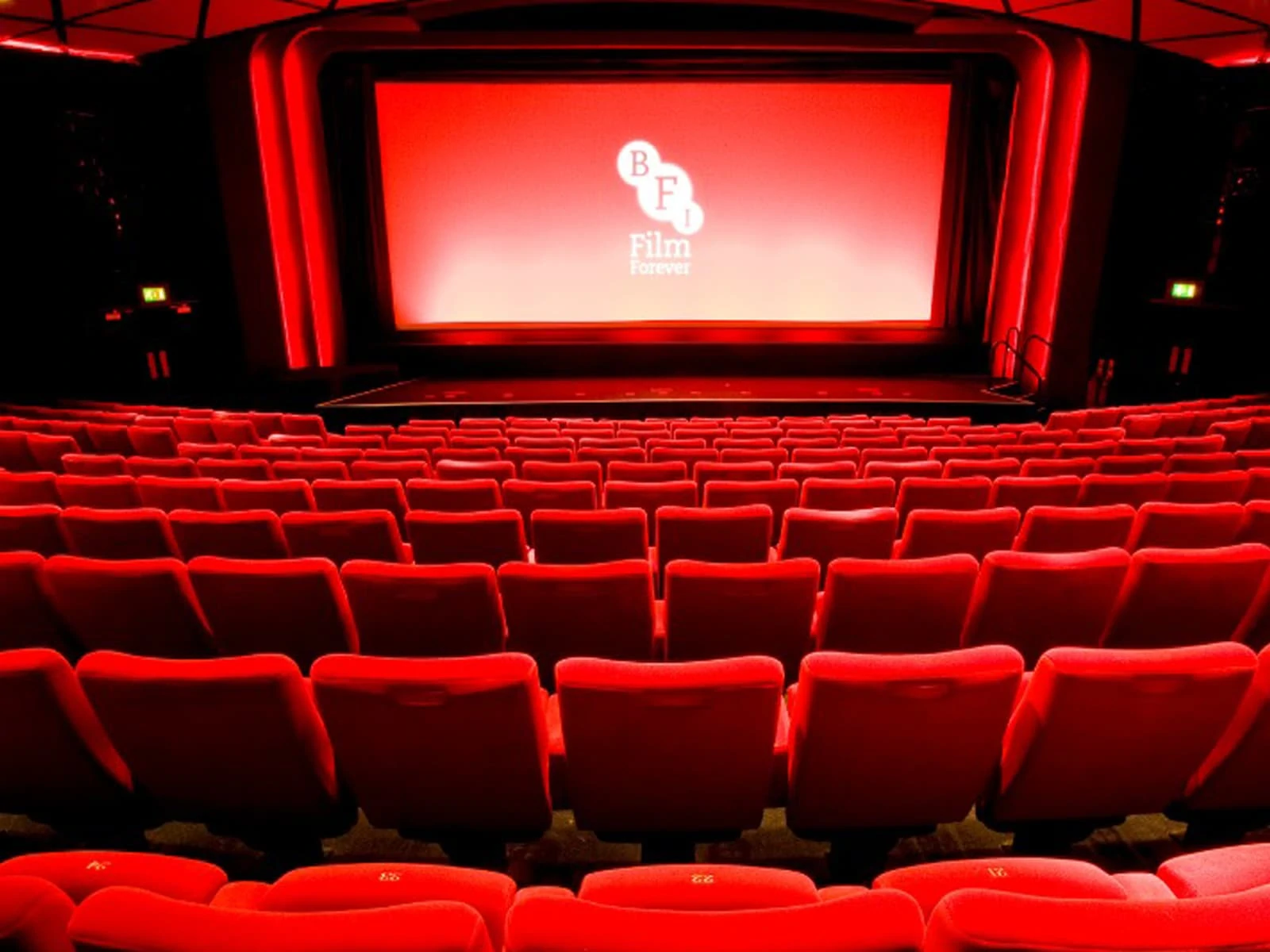
The latest official figures published by the BFI’s Research and Statistics Unit show further growth in the economic recovery of UK film and high-end TV (HETV) production in the wake of the pandemic with record levels of spend contributed to the economy.
The combined spend by film and high-end television production (HETV) during 2021 reached £5.64 billion, the highest ever reported and £1.27 billion higher than for the pre-pandemic year 2019.
April to June was the business part of the production year with £2.29 billion of film and high-end television production spend, the highest 3-month period for film and HETV spend on record, outstripping £1.54 billion generated July to September 2019.
Inward investment and co-production films and HETV shows delivered £4.77 billion, or 84% of the production spend underlining the UK’s global reputation as the world-leading centre for film and TV production. HETV shows accounted for £3.44 billion, or 72% of the combined total spend; feature films contributed £1.33 billion, or 28% of the spend. Inward investment film spend of £1.27 billion is 4% down on 2020 however, a number of films started production in 2020 and carried on in 2021 –their spend is accounted for in the 2020 statistics.
The 2021 production statistics also reveal the increasing investment made by streamer platforms in single long-form productions. In 2021, there were 36 single domestic UK and inward investment productions which contributed £737 million to the HETV spend of £4.09 billion. These productions include Pinocchio, Matilda: The Musical, Persuasion and Lady Chatterley’s Lover.
Total admissions for 2021 reached 74 million admissions, an increase of 68% on 2020’s admissions. The year presented two very different half years of business for UK cinemas. The first four months was marked by cinemas being closed and reopening from early May. Then October saw the release of No Time To Die and 16.4 million admissions, the third highest October on record. The trajectory of recovery saw admissions reach 38.8 million in the final quarter of the year. The total box office generated by all films on release in the UK and the Republic of Ireland in 2021 was £602 million, a 144% increase on the £247 million in 2020.
The Bond film No Time To Die was the highest grossing film of the year with £96.6 million. The top 20 films of the year collectively grossed £441 million, accounting for 73% of the total box office; the top 20 UK qualifying film releases grossed £234 million; and the top 20 qualifying independent films releases grossed £26.8 million. The top grossing UK independent film was The French Dispatch, which undertook some of its production work in the UK.
Culture secretary Nadine Dorries said: “It’s fantastic to see both the record level of spending on film and television production in the UK and the return of audiences to cinemas.
“We have supported the industry through the pandemic and these brilliant figures highlight the importance of the sector to our economy.”
Ben Roberts, BFI chief executive said: “The record-breaking level of film and TV production in the UK revealed today is good news for our industry and the UK economy and demonstrates the speed of the sector’s recovery. The groundwork for further growth is underway with expansion of studio spaces and production hot spots across our nations and regions, and working with industry to build up the skilled workforce that we need to meet demand and stay on top of our game. Government support for production with the screensector tax reliefs and the Film & TV Production Restart Scheme have played an important part in the industry’s growth and recovery.
“The Culture Recovery Fund has been a lifeline for independent cinemas and it’s great to see audiences returning to the big screen with Bond and Spiderman leading the way with phenomenal success and independent UK films, such as Spencer, offering such a range of different cinematic stories.”
Adrian Wootton OBE, chief executive of the British Film Commission, said: “The demand for content has never been greater. As today’s figures show, the UK is enjoying a once-in-a-generation growth in production. The benefits are being felt right across our nations and regions, with large scale investment in infrastructure and revenue into UK plc that will directly benefit local communities. Existing production hubs are growing to accommodate the demand, and new hubs are developing throughout the UK, bringing with them thousands of new jobs. The BFC is proud to have provided support to projects and companies accounting for 94% of the total inward investment high-end TV spend, and 90% of inward investment feature film spend in the UK in 2021. We and our partners are determined to harness this phenomenal demand and support an ever-widening workforce to produce world-class content for global audiences.”
Film production in detail
The number of films going into production in the UK in 2021 was 209 films, which is 75 more than reported for 2020, a year which was significantly disrupted by the arrival of the pandemic. The total spend on film production in the UK in 2021 was £1.55 billion, a 13% increase on 2020’s reported £1.36 billion spend.
Of the 209 films starting production, the majority (126) are domestic UK features and they contributed £221 million to the total spend, a 46% increase on the £158.2 million spend in 2020. Films which went into production included Allelujah! (dir. Richard Eyre), Elizabeth (dir. Roger Michell), Enys Man (dir. Mark Jenkin), Fisherman’s Friends 2: Bound for South Australia (dir. Nick Moorcroft), Flux Gourment (dir. Peter Strickland), Girl (dir. Adura Onashile), Golda (dir. Guy Nattiv), Living (dir. Oliver Hermanus), The Lost King (dir. Stephen Frears), Pretty Red Dress (dir. Dionne Edwards), Save The Cinema (dir. Sara Sugarman), Together (dir. Stephen Daldry), The Trouble With Jessica (dir. Matt Winn), Tuesday (dir. Daina Oniunas-Pusic), Typist Arts Pirate King (dir. Carol Morley), The Railway Children Return (dir. Morgan Matthews), The Underground (dir. Shantelle Rochester), The Unlikely Pilgrimage of Harold Fry (dir. Hettie Macdonald) and Vibes & Stuff (dir, Raine Allen-Miller).
A further 28 co-production features generated a UK spend of £58 million, representing a 60% uplift from a £29 million spend generated by 18 co-productions in 2020. As a result, 2021’s co-production spend is now the highest since 2013. Co-productions included The Canterville Ghost (dir. Kim Burdon), The Infernal Machine (dir. Andrew Hunt), Kensuke’s Kingdom (dir. Neil Boyle), Lucca Mortis (dir. Peter Greenaway), Missile From The East (dir. Justin Stokes), My Happy Ending (dir. Sharon Maymon), Nothing Compares (dir. Kathryn Ferguson), Silver Haze (dir. Sacha Polak), The Son (dir. Florian Zeller), Spencer (dir. Pablo Larrain), Silent Twins (dir. Agnieszka Smoczynska) and Untamed (dir. Justin Chadwick).
55 inward investment films contributed £1.28 billion, or 82% of the total spend in 2021 continuing to demonstrate the UK’s reputation globally as a world-class production hub. Nine US studio-backed feature films including The Batman, Aquaman 2, The Marvels and Mission: Impossible 7 accounted for £992 million of the inward investment total in 2021, which is relatively comparable to the £1.09 billion generated by ten US studio productions in 2020. Non-US studio inward investment films generated a spend of £283.7 million.
Inward investment films which started production include Ant-Man and the Wasp: Quantumania (dir. Peyton Reed), Cinderella (dir. Kay Cannon), Dali Land (dir. Mary Harron), Downton Abbey 2: A New Era (dir. Simon Curtis), Dungeons & Dragons (dir. John Francis Daley), Good Luck To You, Leo Grande (dir. Sophie Hyde), The Marvels (dir. Nia DaCosta), Men (dir Alex Garland), Poor Things (dir. Yorgos Lanthimos) and Wonka (dir.Paul King).
Whilst single films shown on VoD platforms such as Netflix are made in the same way as films for cinema release, their production spend is included within the total spend for HETV, reflecting that they qualify for HETV tax relief. Inward investment single productions include Pinocchio and Matilda: The Musical.
High-end television production in detail
HETV production in the UK has boomed since the introduction of the UK’s HETV tax relief (2013) delivering a new record spend of £4.09 billion in 2021 from 211 productions. It is 155% higher than 2020 and 85% higher than the pre-pandemic record of £2.21 billion generated in 2019. Inward investment and co-production – 55% of all HETV shows – are driving this growth, accounting for £3.44 billion or for 84% of the total spend.
Inward investment HETV productions made last year include Bridgerton (series 2, dir. Julie Anne Robinson), Call My Agent! (dir John Morton), Chloe (dir. Alice Seabright), The Crown (series 5, dir. Jess Hobbs), The Essex Serpent (dir. Clio Barnard), The Girl Before (dir. Lisa Bruhlmann), Havoc (dir. Gareth Evans), Hard Cell (dir. Catherine Tate), His Dark Materials – The Amber Spy Glass (series 3, dir. Amit Gupta), I Came By (dir. Babak Anvari), Killing Eve (series 4), Liaison (dir: Stephen Hopkins), Outlander (series 6, dir. Kate Cheeseman), Peaky Blinders (series 6, dir. Anthony Byrne), Pistol (dir. Danny Boyle), The Rig (dir. John Strickland), This Sceptred Isle (dir. Michael Winterbottom), The Swimmers (dir. Sally El Hosaini), A Very British Scandal (dir. Anne Sweitsky), Willow (dir. Jonathan Entwistle) and The Witcher: Blood Origin (dirs. Vicky Jewson, Sarah O’Gorman)
Domestic HETV productions – 45% of all HETV shows – also generated a record spend with £648 million across 94 shows, representing 16% of the total spend and a 32% increase on the £491 million spend in 2019. Domestic HETV productions made in 2021 included The Amazing Mr Blunden (dir. Mark Gatiss), The Bay (series 3, dir. Faye Gilbert), Everything I Know About Love (dir. China Moo-Young), The Gallows Pole (dir. Shane Meadows), Help (dir. Marc Munden), The Ipcress File (dir. James Watkins), The Larkins (dir. Andy de Emmony), Life After Life (dir. John Crowley), Marriage (dir. Stefan Golaszewski),The Midwich Cuckoos (dir. Alice Troughton), Shetland (series 6, dirs. Max Myers, Siri Rodnes), Why Didn’t They Ask Evans? (dir. Hugh Laurie), Wolfe (dir. Adrian Shergold) and You Don’t Know Me (dir, Sarmad Masud) Without Sin (dir. Al Mackay).
Film and high-end television production generates local business activity and jobs across the UK as revealed in the BFI’s Screen Business report published in December 2021. Productions made across the UK last year included:
- London: film – A Christmas Number One, Freegard, Pretty Red Dress, Scrapper, Together, Vibes & Stuff; HETV – Killing Eve Iseries 4), Ted Lasso (season 2), The Crown (series 5), This is Going to Hurt, Trigger Point
- East of England: film – Spencer, Good Luck To You, Leo Grande, Lord of Misrule, Aquaman And the Lost Kingdom, Wonka; HETV – After Life (series 3), Man vs Bee, Masters Of the Air, Worzel Gummidge (series 2), The Essex Serpent
- East Midlands: film – Three Day Millionaire; HETV – Landscapers, Traces (series 2), The Gallows Pole, House Of the Dragon
- West Midlands: film – The Colour Room, Agyaatvaas, Ishq Vishq Pyar Corona, Mystery Of Tattoo; HETV – My Name is Leon, Catherine, Called Birdy, DI Ray, You Don’t Know Me
- North-east: film – Indiana Jones 5; HETV – The Thief, His Wife & The Canoe, This Sceptred Isle
- North-west: film – Dali Land, Bolan’s Shoes; HETV – Brassic (series 4), Funny Girl, Help, Stay Close, Peaky Blinders (series 6), The Responder, The Bay (series 3)
- South-east: film – Klokkenluider Downton Abbey 2, Freegard, Ant-Man and the Wasp: Quantumania; HETV – Grace (series 2), The Larkins, Matilda, Andor
- South-west: film – Enys Men, Fishermen’s Friends 2: Bound for South Australia, The Unlikely Pilgrimage of Harold Fry; HETV – McDonald and Dodds (series 3), Sanditon (series 2 & 3), The Girl Before, Chloe
- Yorkshire: film – City Girls, Emily, The Railway Children Return, A Bit Of Light, Typist Artist Pirate King; HETV – All Creatures Great And Small (series 2), Hullraisers, Secret Invasion
- Northern Ireland: film – Dungeons & Dragons; HETV – Conversations with Friends, Dalgleish, Tom Jones, Derry Girls (series 3), Wrecked
- Scotland: film – Batgirl, The Lost King, Silent Roar, Girl, Indiana Jones 5; HETV – A Very British Scandal, Outlander (series 6), Screw, Shetland (series 6 & 7), Good Omens (series 2), The Control Room, Wedding Season, The Rig
- Wales: film – Save The Cinema, Last Train To Christmas, The Almond And The Seahorse,; HETV – Alex Rider (series 2), His Dark Materials (series 3), Extinction, Hollington Drive, Lady Chatterley’s Lover, Willow, the Trick, War Of The Worlds (series 3)
Animation television in detail
The spend on animation television programmes made in the UK in 2021 was £73 million across 30 productions. This represents a 19% drop on the spend on animation programmes in 2020 however as further data becomes available it may increase; it is 20% higher than the £61 million spend reported last February for 2020 which was subsequently updated.
Domestic animation programmes generated £49.1 million across 21 productions, representing 67% of total spend. Inward investment and co-production animation programmes generated £23.8 million across 9 productions, 25% of the total animation spend. In contrast, 66% of the spend in 2019 was generated by inward investment and co-production and 31% by domestic animation programmes.
Animation titles starting production in 2021 included inward investment and co-production titles Pinkalicious & Peterrific (Series 3), Coop Troop and Shaun the Sheep: The Flight Before Christmas. Domestic animation projects included Lloyd of the Flies, JoJo and Gran Gran Series 3,4&5 and Hey Duggee( series 4).
Box office in 2021
The first films to be released when cinemas were able to reopen included the live-action animated sequel Peter Rabbit 2, and the best film Oscar® winning Nomadland (both on 21 May). The first month to break through the 10 million admissions line was August, driven primarily by the scheduling of fantasy, animation and family features, including The Suicide Squad, Free Guy, Jungle Cruise: A New Legacy and The Paw Patrol Movie.
The two top grossing films of the year, No Time To Die and Spider-Man: No Way Home were both released in the last quarter of the year – with a combined box office of £181 million, they account for 30% of the year’s total business. No Time To Die is the third highest grossing film of all time in the UK and Republic of Ireland with £96.6 million, stepping in behind another Bond film, Skyfall (£102 million) and Star Wars: The Force Awakens (£123 million).
Sequels, remakes or films that are part of pre-existing franchises or universes feature account for 19 of the top 20 box office placings. The single original film, slipping in at number 20, is House of Gucci, grossing £9.4 million. In ninth position is Black Widow, the highest grossing film to have a simultaneous theatrical and online release. Half of the top 20 releases were distributed by Walt Disney, compared to three in the 2020 top 20.
The total box office for the top 20 independent UK films was £26.8 million, accounting for 89% of the total box office for all independent UK films released in 2021. The top grossing UK independent film was The French Dispatch (partly made in the UK) with £4.1 million followed by The Hitman’s Bodyguard (£3.8 million) and Spencer (£2.8 million). Seven of the top 20 UK independent films were supported by public funding: Supernova (BBC Films, BFI Film Fund), Dream Horse (Ffilm Cymru Wales/Film4), Mothering Sunday (BFI Film Fund), The Nest (BBC Films), The Last Bus (Creative Scotland), Off the Rails (Ffilm Cymru Wales, Creative Scotland) and Limbo (Creative Scotland, BFI Film Fund).
UK-qualifying films, which includes No Time To Die, accounted for a 41% share of the box office compared to 46.5% in 2020; 36.1% was accounted for by US-studio backed films which is the highest share on record. This puts the balancing market share for independent UK films at 5%, much lower than 2020’s share of 14%. However, the total box office for independent UK features was relatively similar year-on-year, with less than a £4 million variance in total earnings.
